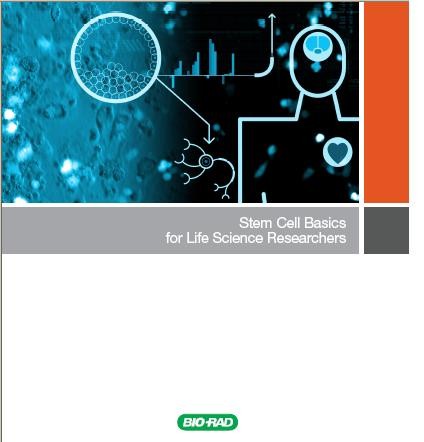In an informative study conducted at the University of Michigan, researchers found that 92% of ecologists are reluctant to share their data for fear of being scooped by fellow scientists. Interestingly, the authors suggest that a much more collaborative effort exists among genomic researchers, which they use to explain the tremendous advances in that field (consider the Human Genome Project).
According to study co-author Georgina Montgomery:
Collaboration, rather than competition, is the best way to continue to advance science
Furthermore, Montgomery argues that
increased data sharing will allow more diverse people to actively participate in research, such as early-career scientists and those from underrepresented groups; scientists from smaller or historically less-influential institutions; citizen-scientists; and scientists from the Global South, scientists from Africa, South and Central America, and much of Asia who are often excluded from leading research.
It is quite heartening to hear that Montgomery et al. believe that genomics should be seen as a positive example of open collaboration. Certainly invaluable tools such as ExPASy would not be as successful as it is, (in fact it would not exist), had the world of molecular biology been bogged down by a cutthroat competitive culture. Sharing data is key to our success and I believe that molecular biologists can be proud of the collaborative environment that they have created. Furthermore, recent efforts to encourage scientists to publish their data in open-access journals will surely take the concept of collaboration one step further.
Nonetheless, our world is far from perfect. Regardless of what discipline you are in, the very nature of the grant process and of the tenured university environment, makes the “publish or perish” paradigm very prominent in all of our minds. It is important for us to come up with methods for further increasing shared knowledge which will surely benefit everyone involved.
Click here to read the original story from the University of Michigan.
















